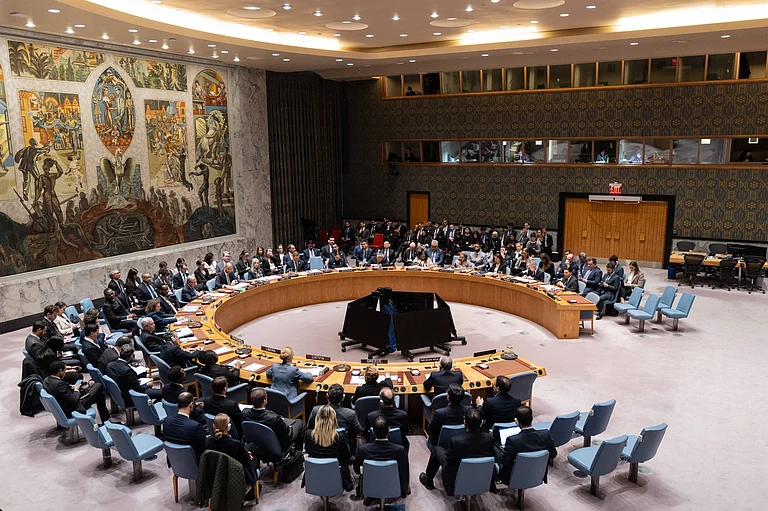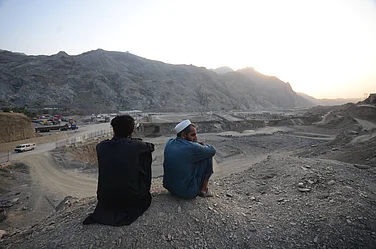In a diplomatic twist, reports suggest that the Afghan embassy in India has communicated its intention to close down operations, raising questions about the evolving relationship between Kabul and New Delhi. The embassy, led by Ambassador Farid Mamundzay, appointed by the previous Ashraf Ghani government, has been in operation even after the Taliban assumed power in Afghanistan in August 2021.
Ambassador Mamundzay's extended absence from India and the departure of diplomats to third countries, reportedly seeking asylum, have fueled speculation about the authenticity of the embassy's communication. Sources within the Indian government have acknowledged that the contents of the communication are currently under examination.
The reported closure comes on the heels of earlier tensions within the embassy in April-May, marked by a power struggle following reports of the Taliban appointing a charge d'affaires to lead the mission, replacing Ambassador Mamundzay. Although the embassy issued a statement asserting the continuity of its leadership at the time, the recent developments suggest a more complex narrative.
Sources reveal that the embassy has formally communicated its decision to the Ministry of External Affairs (MEA) to shut down operations in the coming days. However, the embassy is yet to provide an official response to inquiries on the matter.
The power struggle earlier this year involved Qadir Shah, a trade councillor at the embassy since 2020, who claimed to have been appointed as the charge d'affaires by the Taliban. This episode added to the complexity of the internal dynamics within the embassy.
India's stance remains consistent, as it is yet to recognize the Taliban-led government in Afghanistan. New Delhi continues to advocate for the establishment of an inclusive government in Kabul and emphasizes that Afghan soil should not be used for any terrorist activities against any country.


























